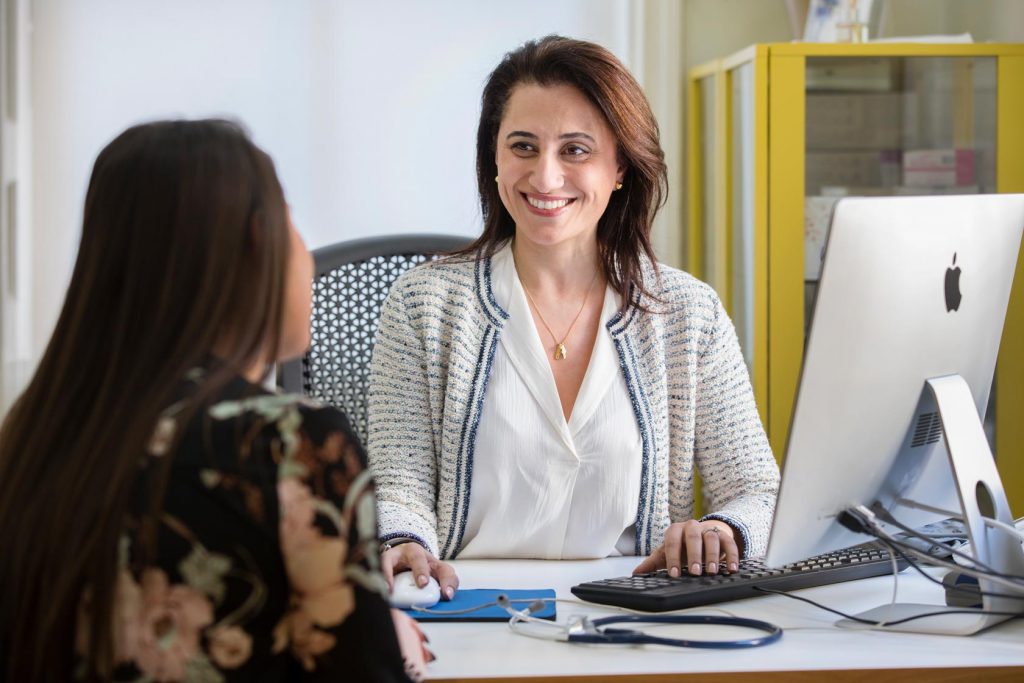Endometriosis is an often painful disorder where endometrial cells like those found in the lining of the uterus are found elsewhere in the body, usually on the pelvic peritoneum, ovaries, bladder and bowel. Endometriosis can affect all women and girls of childbearing age. In most cases endometriosis involves the ovaries, bowel or other tissues around the pelvis, however, in rare cases the endometrial tissue may spread beyond the pelvic region.
What Causes Endometriosis?
What makes endometriosis so painful is that the tissue which has grown outside of the uterus continues to act as it normally would. Each month it thickens, breaks down and bleeds with each menstrual cycle just as it would during a regular period. This causes painful, sometimes debilitating cramps, as well as other pain in the back, abdomen and pelvis, along with very heavy bleeding and a number of other symptoms.
Endometrial cells which travel into the abdominal cavity where they form lesions and cysts, this can cause scarring on organs such as the ovaries, fallopian tubes, bladder and rectum. Lesions can lead to inflammation and nerve growth, causing abdominal pain.
Who Is At Risk?
Endometriosis is now experienced by increasing number of women all over the world but the exact cause or causes are unknown. There are some things which are believed may cause it, including; retrograde menstruation (when menstrual flows backwards into the abdominal), genetics, the immune system and/or environmental factors. The presentation of endometriosis varies extensively, with some women experiencing several severe symptoms whilst others have no symptoms at all, this makes it a very hard to diagnose the condition and many women are left undiagnosed for years.
What Are The Symptoms of Endometriosis?
Endometriosis is a very painful condition suffered by many women, and the symptoms can include:
- Painful, sometimes disabling, menstrual cramps (dysmenorrhea)
- Chronic pain, typically lower back, pelvic or abdominal pain
- Painful intercourse (dyspareunia)
- Painful bowel movements or painful urination (dysuria)
- Heavy menstrual periods (menorrhagia)
- Premenstrual or intermenstrual spotting (bleeding between periods)
- Infertility
- Low mood and self-esteem
How Do We Treat Endometriosis?
At the Marion Gluck Clinic, we treat this condition effectively by supplementing with hormones. In BHRT (Bioidentical Hormone Replacement Therapy), natural progesterone is seen as a highly effective treatment as it can counteract the effects of estrogen, which naturally stimulates cell growth in tissues containing estrogen receptors and contributes to symptoms of endometriosis. Before treatment, we carry out all of the appropriate testing to determine what the best course of action is for each individual. Additionally, nutritional regimes and supplements are important in alleviating many symptoms.

Book An Appointment Today
The Marion Gluck Clinic is a leading private medical clinic based in London. Start your journey back to optimal health by booking a consultation with one of our expert doctors. To book, you can use our online booking form, call our Patient Care Team on 020 7191 2378, or email secretary@mariongluckclinic.com
